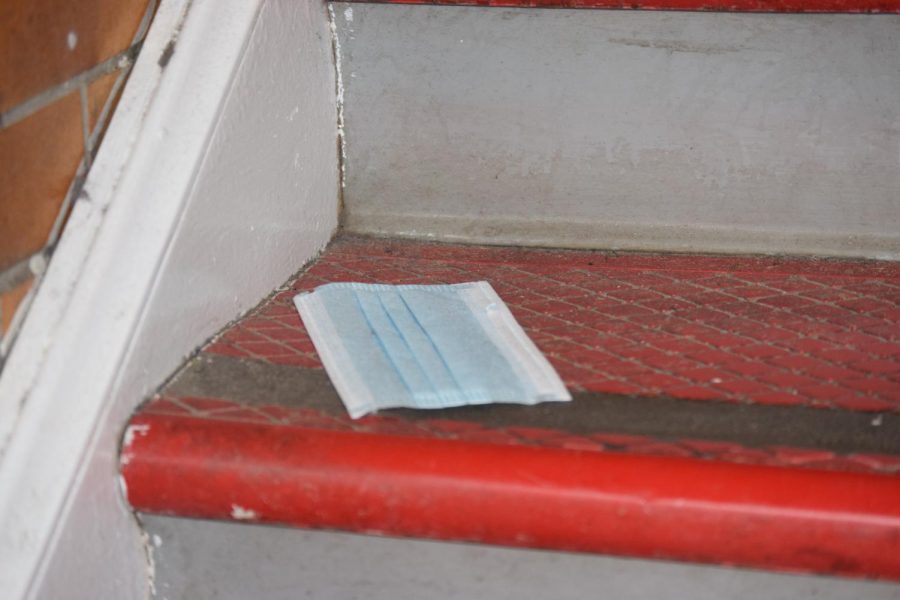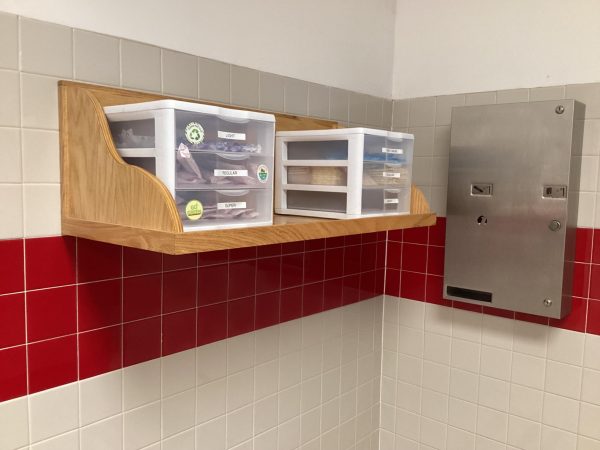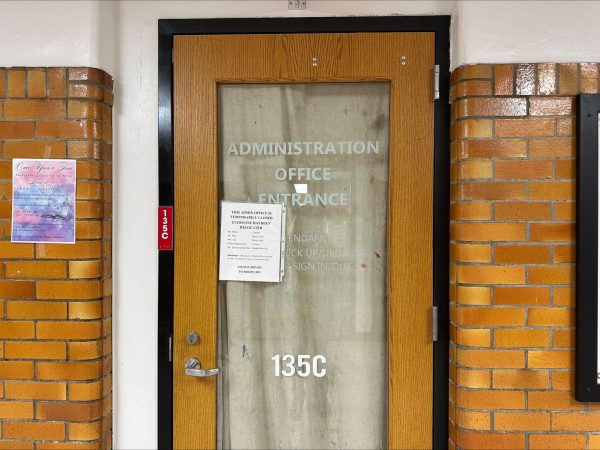The Impact of a Pandemic on the Planet
A disposable mask lays on a second floor stairway after being discarded.
COVID-19 has not just impacted humans, it is having a profound impact on the environment and the animals that live within it, and it is important to consider these impacts throughout the rest of the pandemic. Specifically, the pandemic has caused an increase of “disposable” products being dumped into the environment, especially the ocean. These products are marketed to the public as disposable; however they are made of materials that will take hundreds of years to decompose.
Personal Protective Equipment (PPE) has been the leading cause of the increase of environment pollution; disposable surgical masks have become one of the main causes of increased litter. These masks, which were traditionally used by doctors and nurses, are now widely used throughout the masses, meaning that the number being produced and discarded has skyrocketed. It is estimated that 129 billion surgical masks are used every month, with many ending up in the ocean. These masks are made of a type of plastic called polypropylene, a material estimated to take somewhere between 20-30 years to decompose. While this bio-plastic is much more environmentally friendly than other types of plastics, such as plastic water bottles which take 450 years to decompose, three decades is still an incredibly long amount of time considering some people use an average of at least five masks a week for school or work. Swansea University has found that as the masks decompose, they release dangerous chemicals such as lead, copper, and antimony into their surroundings when they are submerged in water. These toxins are very dangerous to the health of the environment, and humans as well.
Just hearing statistics may make it hard to imagine the true extent of the damage that these disposable masks are causing, but when lives are at stake, we really need to pay attention. According to World Animal Protection, an estimated 136,000 large marine animals such as seals, whales and dolphins die every year from plastic entanglement. There are no estimates for how many sea turtles and birds die every year from this issue, but is predicted to be much higher.
There are several methods to help cut down on the number of masks that are ending up in the ocean and the amount of damage they do once they reach it. The simplest way to help reduce pollution caused by masks is to wear reusable cloth masks. Sometimes however, this is not an option. When a disposable mask must be used, make sure that it is disposed of properly, so it doesn’t blow out of trash cans or get littered on the ground. Before throwing the mask away, make sure to disconnect the strings. These strings can entangle birds, making it impossible to fly, or animals may swallow the masks, making them choking hazards.
PPE cannot be recycled. Recycling these products may contaminate other products that are already in the recycling bin with the chemicals they contain. According to Clean River, the best way to dispose of PPE is simple. Throw it in a trashcan with a lid, and don’t overfill the trashcan. This minimizes the chance of the products escaping and littering the environment. To help cut down on the number of gloves being worn, it is recommended to increase hand washing.
Unfortunately COVID-19 is likely not going to be leaving anytime soon, meaning masks must continue to be worn in order to prevent the spread of the virus. However, we must be more conscious when using “disposable” products in order to protect our planet from irreversible damage. Some of these plastics will remain on the planet for years to come, and measures must be taken to reduce the negative impact.

Anna Earl is a senior and has been on the newspaper staff for three years, serving this year as editor in chief. She spends most of her time in the journalism...












Smokestack Betty Dotson • Nov 5, 2021 at 8:20 am
Great read Anna!!